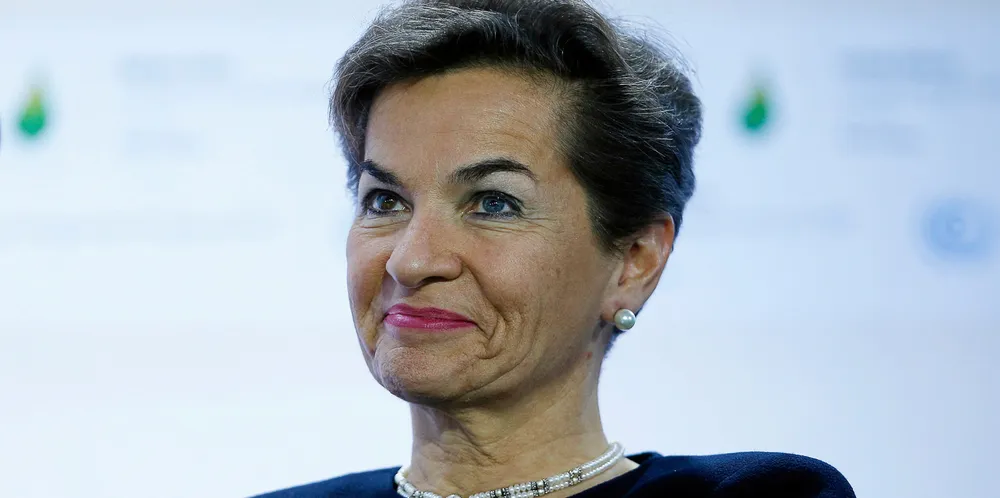‘World must halve emissions this decade — and that will be determined by Covid recovery packages’: Figueres
Former UN climate chief Christiana Figueres said she expects ‘exponential change’ in the 2020s after 'once-in-a-lifetime' economic stimulus funding
